Hamas warns Israel against al-Aqsa ‘violations’ during Ramadan
The Palestinian Hamas resistance movement has warned Israel against “violations” at the al-Aqsa Mosque compound during the upcoming Muslim holy month of Ramadan amid renewed tensions in the occupied territories.
Salah al-Aruri, deputy head of the Hamas political bureau, said on Tuesday that the risk of escalation entirely “depends on the Israeli occupation’s violations across Palestine and at al-Aqsa Mosque” in East al-Quds.
Any attempt by the Tel Aviv regime to “impose” its policies at the flashpoint sacred site during the fasting month of Ramadan would be met with the “reaction of our people,” he added.
Ramadan has often coincided with upticks in violence between Palestinians and Israelis, particularly at al-Aqsa, Islam’s third holiest site.
Under the protection of Israeli forces, settlers have violently stormed al-Aqsa during Ramadan, attacking Palestinian worshipers inside the compound.
“Hamas is closely monitoring the steps taken [by Israel] to occupy al-Quds. Our patience is running out,” Aruri said, emphasizing that the Gaza-based group has no plans to initiate an escalation.
Back in January, Israel’s far-right security minister Itamar Ben-Gvir entered the al-Aqsa Mosque’s courtyards in a highly provocative move.
Palestinians condemned the intrusion as a violation of international law and al-Aqsa’s historical status quo.
The Jewish visitation of al-Aqsa is permitted, but non-Muslim worship is prohibited according to an agreement signed between Tel Aviv and the Jordanian government in the wake of Israel’s occupation of East al-Quds in 1967.
Also in his remarks, Aruri urged al-Quds residents to stand against the policies pursued by Ben-Gvir and other Zionist officials, including the demolition of Palestinian homes and the occupation of their lands.
He also said that the flame of resistance has not been extinguished in the West Bank, but rather, it is expanding in scope.
“Hamas stands behind, supports and approves any act of resistance that takes place in the West Bank,” he added, calling for the formation of popular committees in the landlocked territory to deal with settlers and back up Palestinian villages and towns.
Tensions have increased in the occupied territories since late December 2022, when Benjamin Netanyahu returned to power as head of the occupying regime’s most far-right cabinet ever.
Brazilian journo fined, ordered to delete posts over criticizing Gaza onslaught
IRGC: Israeli regime incapable of calculating Iran’s decisive response
Russia rejects 'baseless' US claims of producing fake vote videos
Ambassador: Japan studying recognition of State of Palestine
VIDEO | Press TV's News Headlines
Israeli reservist killed in Lebanon ‘happily’ slaughtered Gaza children
VIDEO | BRICS and the beginning of the end of Western hegemony
Gaza's Kamal Adwan Hospital latest to be bombed. Who was Kamal Adwan?


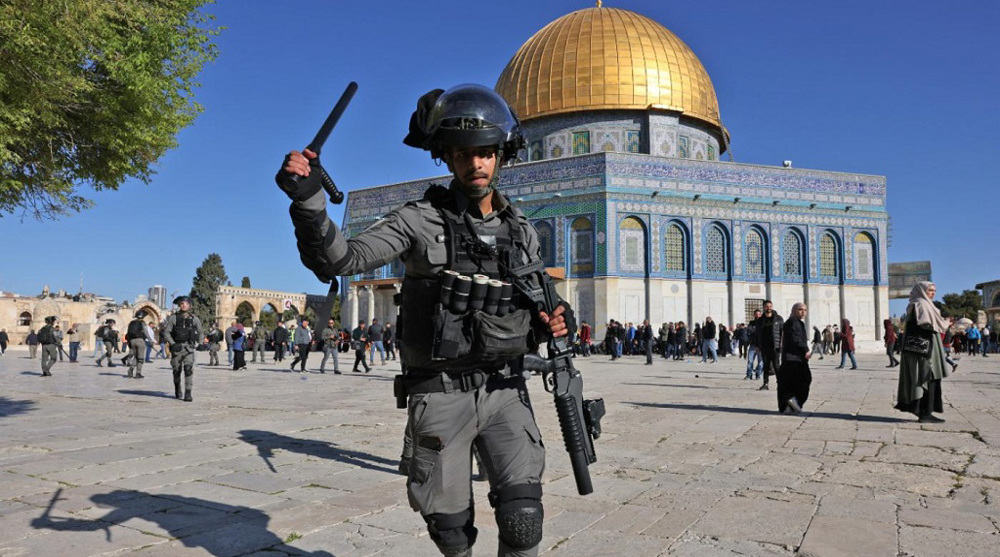
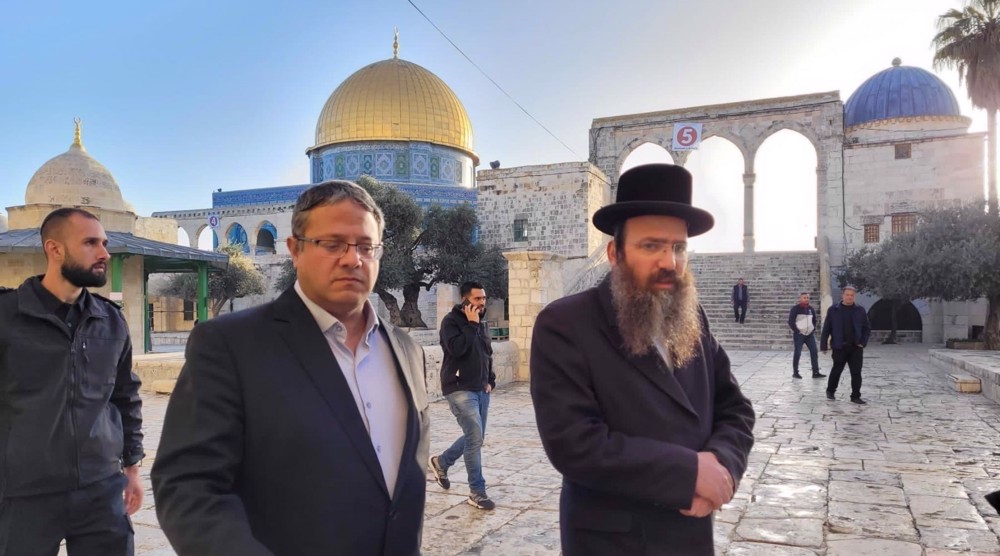
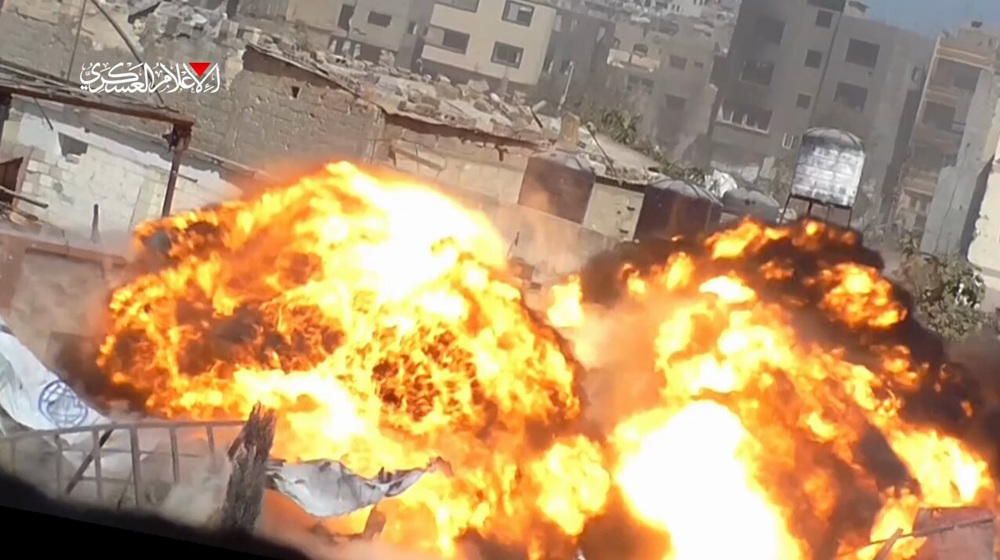
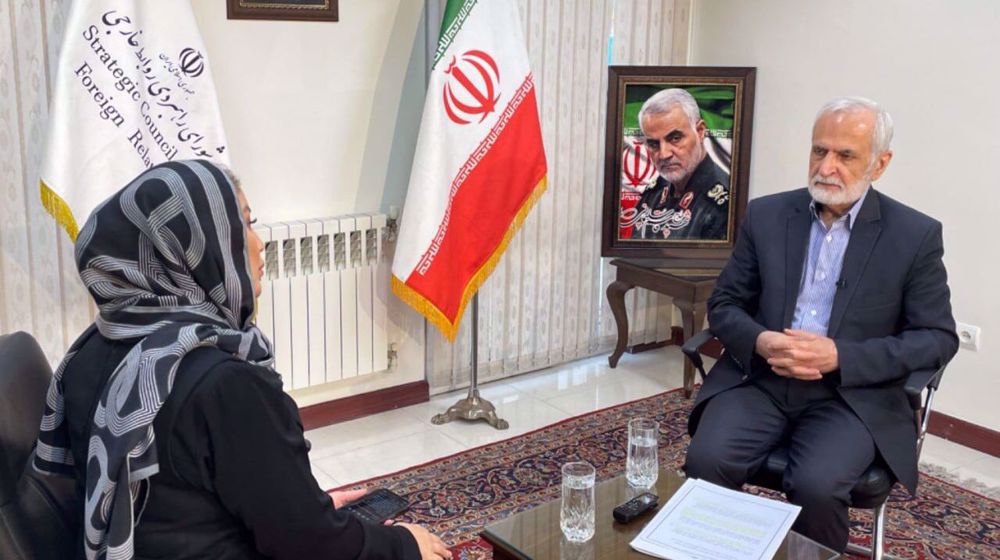




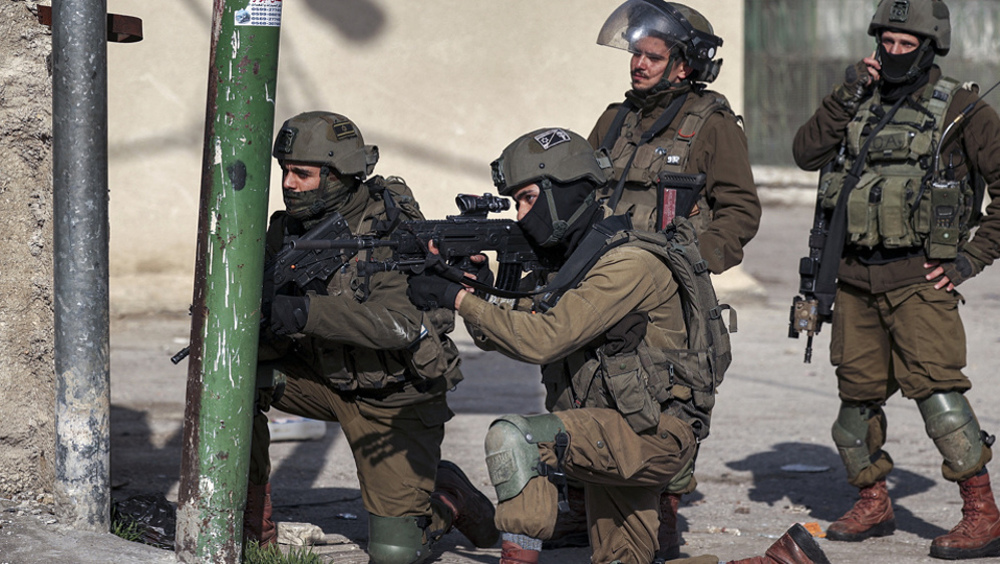
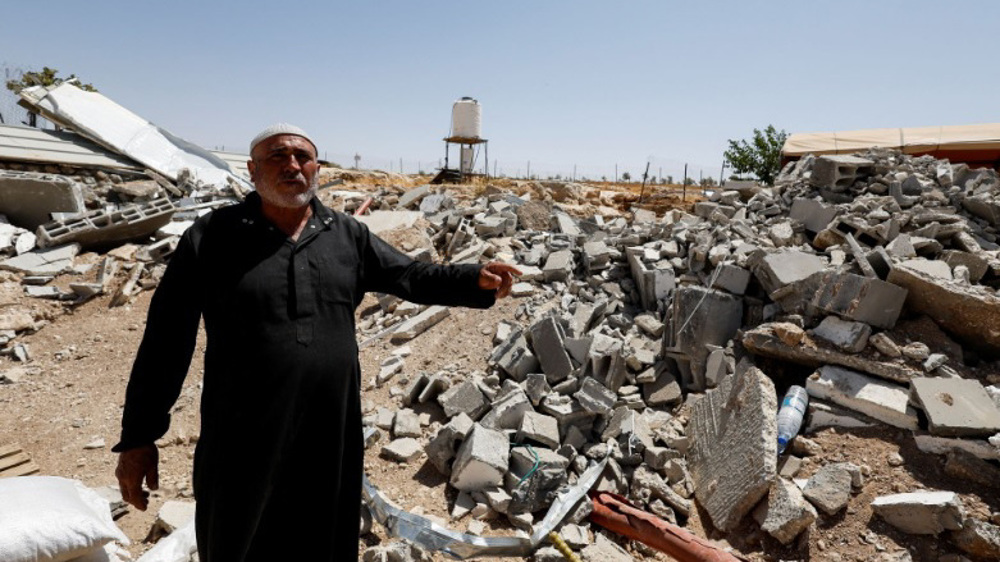
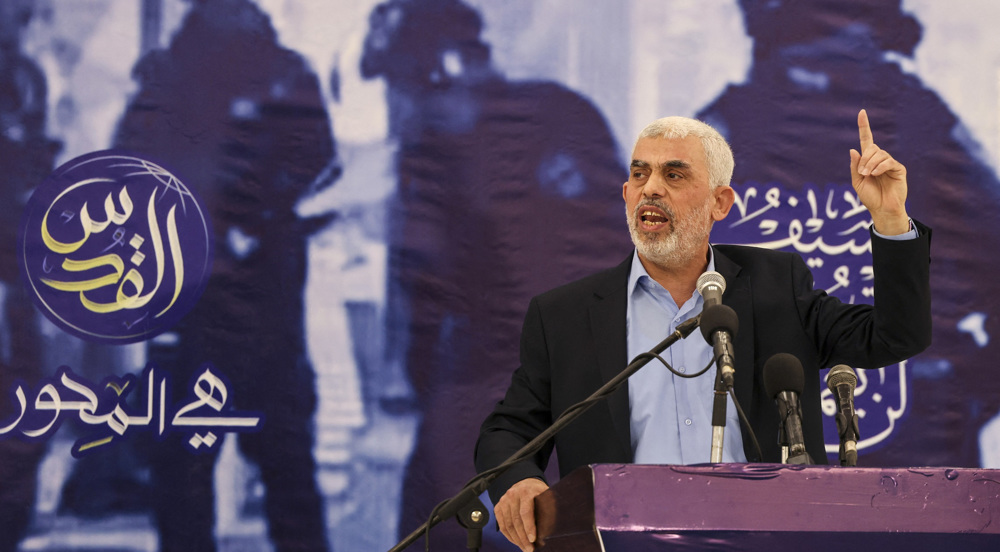

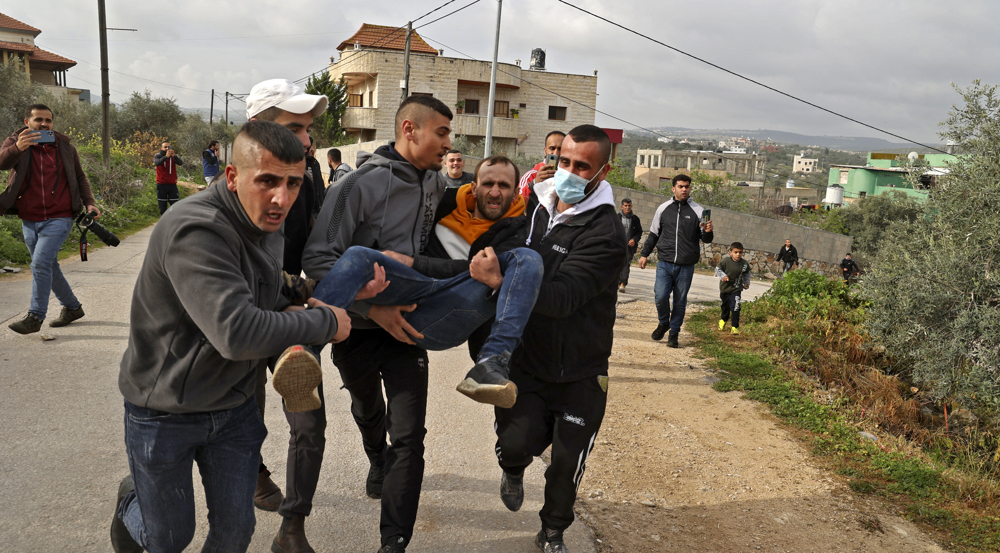

 This makes it easy to access the Press TV website
This makes it easy to access the Press TV website